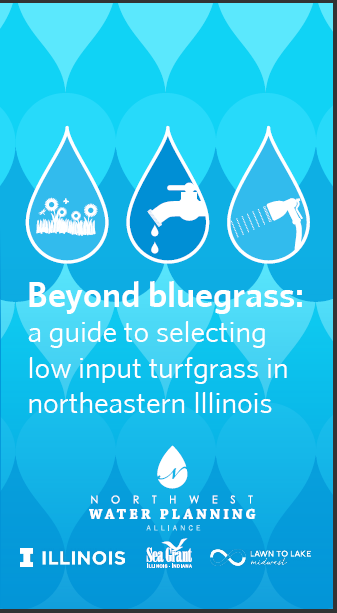
File Size: 500.43 KB
Year: 2019
This product is a guide to selecting low-input turfgrass in the northeastern Illinois region.

This product is a guide to selecting low-input turfgrass in the northeastern Illinois region.
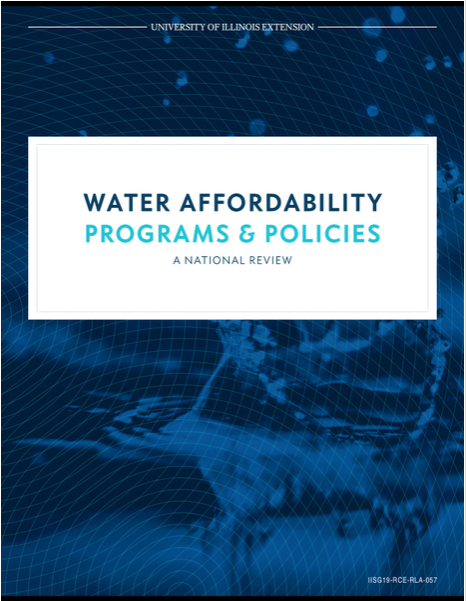
This document provides a review of policies and programs addressing water bill affordability issues and equitable access to water. Five broad strategies are discussed, including: cost reduction, water efficiency, rate design, customer assistance programs, and hard to reach programs. For each solution, a definition, implementation considerations, examples, and potential recommendations are provided. More extensive case studies from a handful of water systems and a brief summary of the literature reviewed is also included. Results will be used to inform a community water affordability technical assistance program.
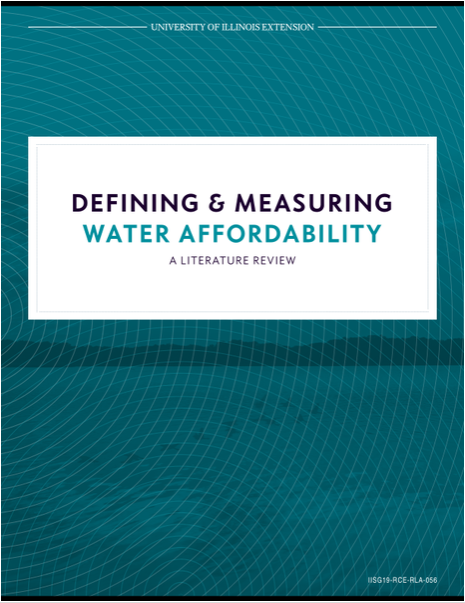
Concern over water service affordability has grown in recent years as water bills escalate at a faster pace than the overall cost-of-living.While the cost of water has been rising over the past decade, the ability of consumers to pay for water service has declined. This review examines the definition and measurement of water affordability through a chronological search and presentation of the regulatory and research literature. Results will be used to determine a method for measuring water affordability for the northeastern Illinois region.
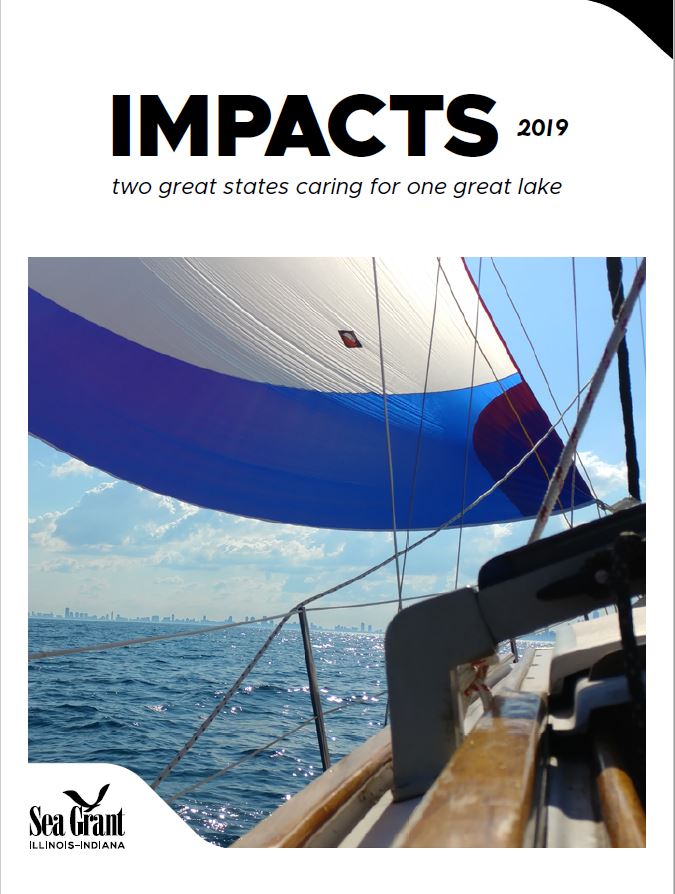
This publication brings together program impacts from the 2018-2019 Sea Grant year.
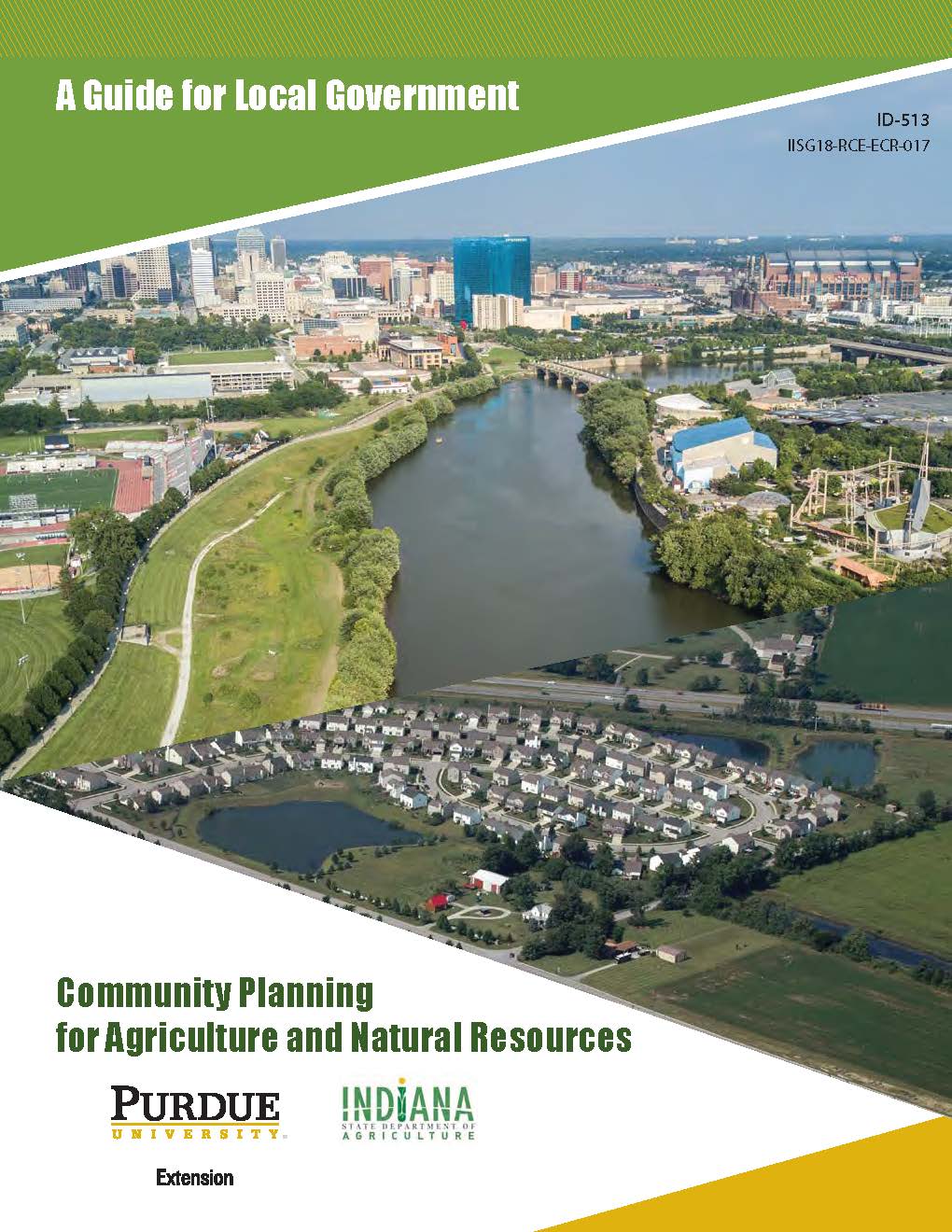
Purdue Extension and the Indiana Land Resources Council collaboratively developed this guidance document to support plan commission members and local government officials and staff with resources and examples to integrate agriculture and natural resources as part of community land use planning efforts for developing or updating comprehensive plans. Each document in the series provides an overview of the topic, economic development considerations, community examples, and resources to make connections for local land use planning efforts.
This item is available through Purdue Extension Community Development at https://cdext.purdue.edu/guidebook/.
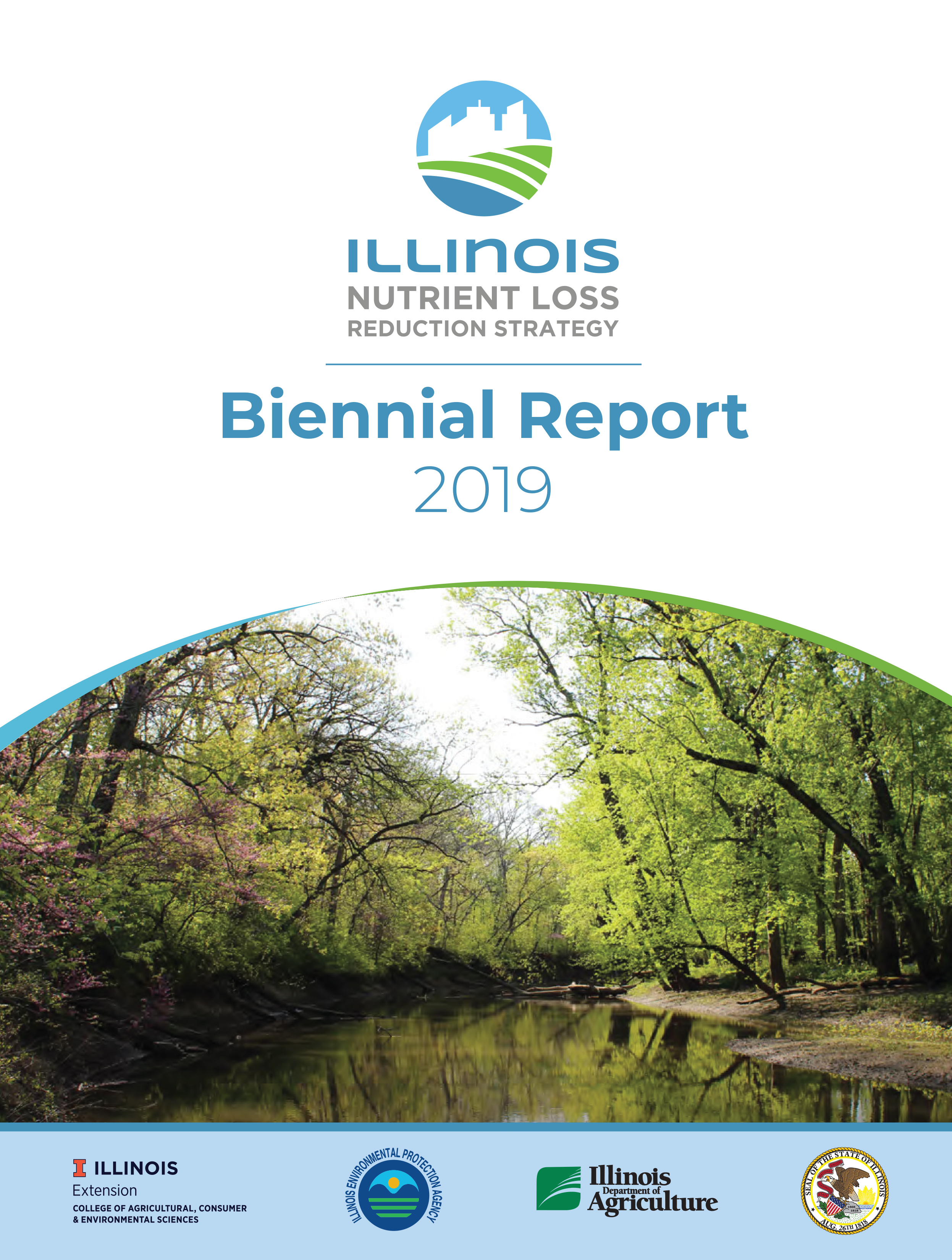
Report on Illinois Nutrient Loss Reduction Strategy implementation for the years 2017-18. Includes an update to the Science Assessment.
Report available through the Illinois Environmental Protection Agency’s website: Illinois Nutrient Loss Reduction Strategy Implementation
Note: Some older Illinois-Indiana Sea Grant publications have not yet been restructured into ADA compliant formats. We are actively working on this. If you are having difficulty accessing a particular item in one of our databases, please contact iisg@purdue.edu with the name of the item and its URL for further assistance.